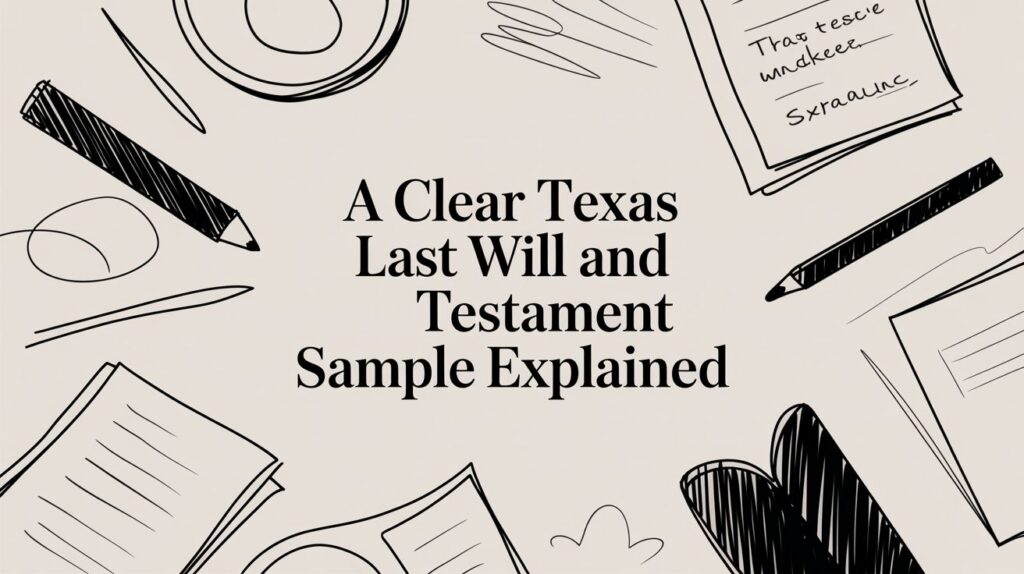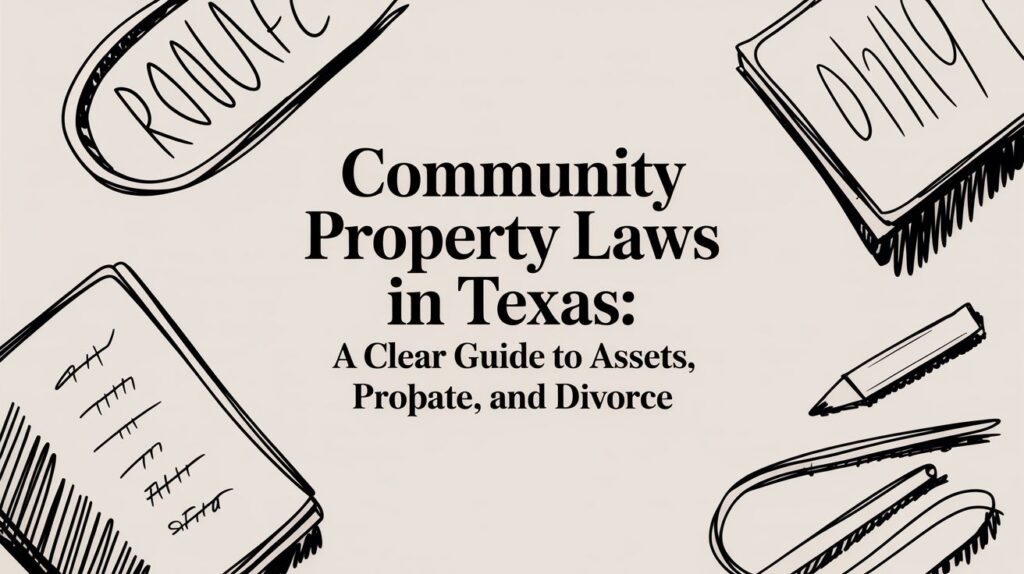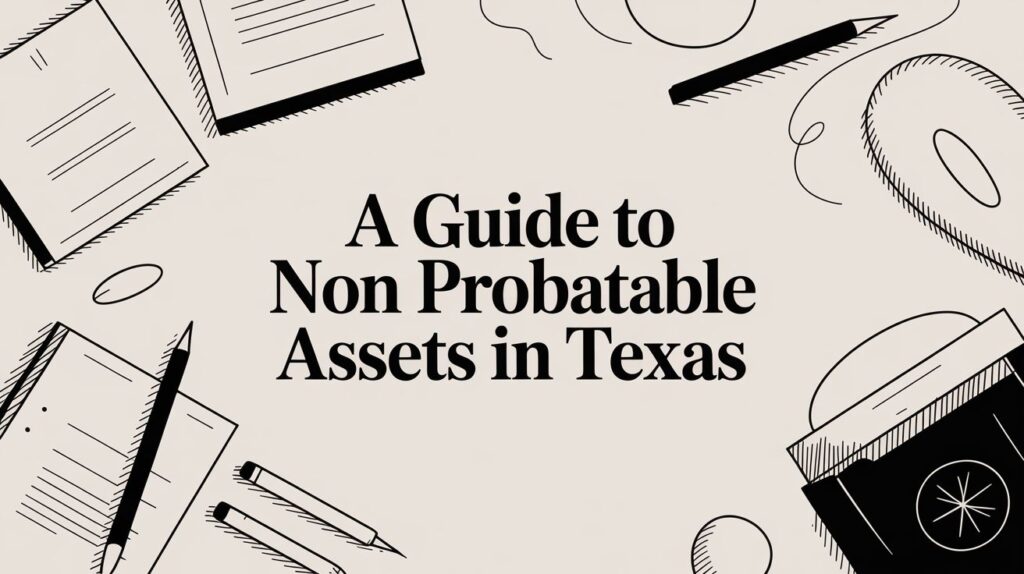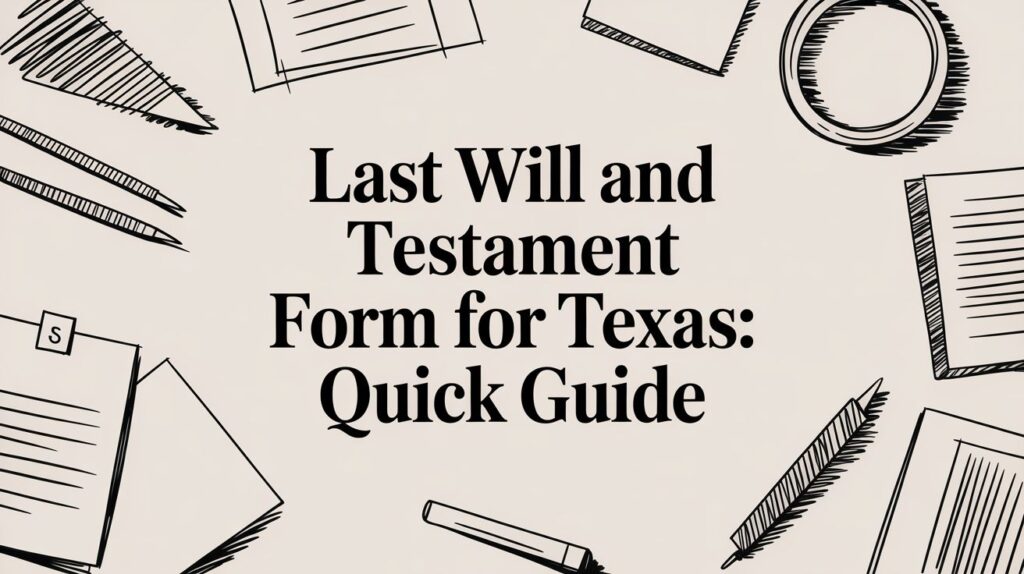Understanding Estate Planning in Texas
Estate planning in Texas involves creating legal documents that outline how your assets will be managed and distributed after your death. This process is essential for ensuring that your wishes are honored and can help avoid disputes among heirs.
In Texas, common estate planning tools include wills, trusts, and powers of attorney. Each of these documents serves a unique purpose, allowing individuals to specify their preferences regarding property distribution, guardianship for minor children, and health care decisions in case of incapacity.
Importance of a Will in Estate Planning
A will is a foundational document in estate planning that details how your assets should be distributed upon your passing. It provides clarity and direction, helping to minimize potential conflicts among family members.
Without a will, Texas law dictates how your estate will be divided, which may not align with your personal wishes. Therefore, having a legally valid will is crucial for ensuring that your desires regarding asset distribution and guardianship are respected.
Common Estate Planning Mistakes to Avoid
Many individuals make critical mistakes when planning their estates, which can lead to complications and disputes after their passing. Common errors include failing to update documents after major life changes or not considering tax implications.
To avoid these pitfalls, it’s essential to regularly review and update your estate plan. Consulting with an experienced estate planning attorney can help you identify potential issues and ensure that your plan reflects your current circumstances and wishes.
Resources for Estate Planning in Texas
There are numerous resources available for individuals looking to navigate the estate planning process in Texas. From online templates to legal guides, these tools can provide valuable assistance in creating your estate plan.









